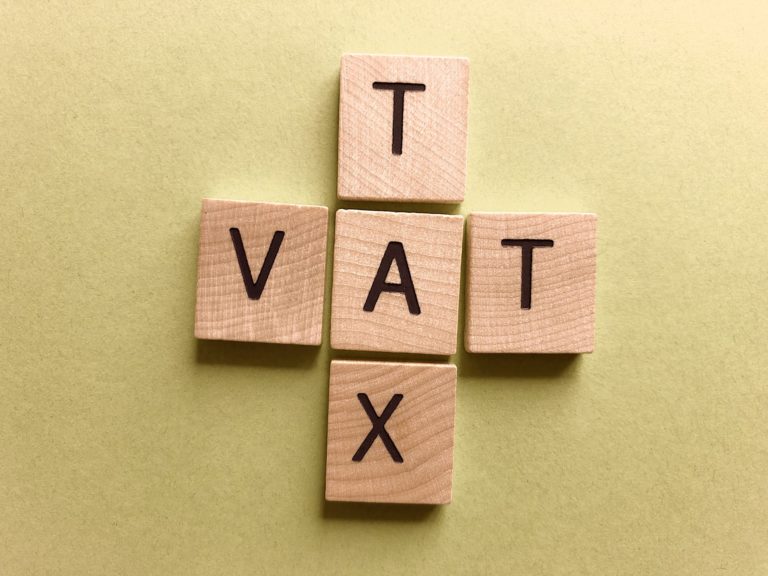IR35 Explained for Construction
Legislation changes can create headaches for our clients, and we know that it’s not always easy to unpick how each piece of legislation will affect your business. At Pier, we don’t expect our clients to tackle the legalities alone. We offer advice and guidance to make sure you stay on track.
In this article we’ll take a closer look at IR35 legislation, hopefully creating your ‘go-to’ guide for any IR35 legislation queries. Got a question about IR35 legislation that’s not answered below? No problem. We’ll do our best to answer.
What is IR35?
IR35 is tax legislation but it’s easier to think of it as a set of rules relating to how a worker is paid. It’s designed to ensure that the right amount of tax is being paid for each worker.
In our industry, IR35 legislation is relevant to the worker, the client, and the construction recruitment agency.
Why was IR35 introduced?
Essentially, IR35 was designed to prevent both workers and agencies from being able to avoid paying the right amount of tax.
Imagine a construction worker was hired by a client through a construction recruitment agency, but the worker set themselves up as a limited company. Despite the contract being with a limited company, the real relationship is more similar to an employee-employer relationship and so should be taxed accordingly. The worker is classed as a ‘deemed employee’.
However, if the worker exploited the structure of a limited company, the worker’s take-home pay would increase, as they would not be paying the correct amount of tax. The client wouldn’t need to pay that worker’s National Insurance Contribution, Apprenticeship Levy, or provide the worker with any employment rights. In effect, both worker and agency were ‘cheating the system’.
IR35 was introduced to look for ‘deemed employees’ and stop this bad practice from happening, as well as to protect worker’s rights. However, the legislation itself has become confusing, and created issues for genuine small companies.
Who do the IR35 rules apply to?
IR35 rules affect anyone who would be seen as an employee if they weren’t utilising a personal service company (PSC).
A personal service company refers to a limited company where the main shareholder is also the director, who operates within their own company. It’s important to note that if the correct procedures are followed, operating as a PSC is still a valid way of working. You must simply ensure that both the client and agency understand which category of IR35 the worker can work under – this can be determined by using the CEST test.
How do you know if IR35 applies?
Generally, you should be able to tell if IR35 would affect a worker by looking at their working pattern. A genuine PSC would be in charge of their own hours and days of work. If, therefore, a client is in control of the hours and days a worker works, they are likely to be a ‘deemed employee’.
Who is responsible for determining whether IR35 applies?
The responsibility for determining whether IR35 applies to a worker lies with the client.
From April 2021, the client will need to provide a Status Determination Statement (SDS) in writing, to both the worker and the agency involved before the worker’s assignment begins. The SDS will confirm a worker’s IR35 status.
How is an IR35 status dispute resolved?
If there is a dispute regarding the IR35 status of the worker, the client should lead the resolution.
For example, if a genuine PSC refutes the SDS, the client will have 45 days to respond (in writing) to the PSC regarding the resolution. The client is responsible for either confirming or altering the initial SDS provided.
If any tax issues arise due to IR35 issues, who is responsible financially?
As the client is responsible for considering the correct SDS, the client is responsible for any tax issues that may occur and you could potentially be fined for ignoring the IR35 rule.
Who makes the deductions for employment taxes?
From April 2021, the agency will take income tax and National Insurance Contributions from a worker’s gross wage. The agency will then pay the client the worker’s National Insurance Contribution.
What happens outside of IR35?
If you are a genuine PSC and not affected by IR35, nothing will change.
The worker is able to pay themselves a salary, draw the remainder of the income as dividends, and remains responsible for their taxes.
Does the size of the entity at each stage make a difference to the SDS?
No. As of April 2021, the client is responsible for the SDS and for passing it on to the agency involved. The agency is then responsible for passing the SDS to the worker. However, the client could choose to give the SDS to both worker and agency at the same time.
If the client is engaging a PSC, they will just need to pass the SDS to the PSC.
If the SDS does not reach the worker or agency, whoever is responsible for not passing the SDS along will be responsible for employment taxes.
The client will only be exempt from the new rules if they are a small organisation.
What is classed as a small organisation?
A small business will meet the definition if two or more of the following three criteria apply:
- The company has a turnover of not more than £10.2 million per financial year
- The company has a balance sheet of not more than £5.1 million per financial year
- The company has no more than 50 employees
If you meet this criteria, you must complete a declaration to the agency you are using to confirm this exemption.
What about timesheets?
If a client asks a worker to provide timesheets for a certain amount of hours per week and payment is to the worker directly, this relationship is one of employment and cannot be seen as outside of IR35.
If a timesheet is provided in order for the client to pay a worker’s company, the payment should be received in the company name and the worker should invoice accordingly.
What about substitution?
If a worker is able to send someone else on their behalf (and they will be accepted by the client), the assignment is likely to be outside of IR35.
If, however, a PSC only provides work by one person, the assignment is likely to be inside IR35.
Who makes the final decision about IR35?
HMRC will give a final decision once they have received all information.
If HMRC finds that the worker is outside of IR35, nothing will happen.
If HMRC believes the worker is operating within IR35, they will request PAYE tax and National Insurance Contributions retrospectively, with interest, and potentially issue a fine.
IR35 Advice for Clients
We understand that the terminology used to explain IR35 can be confusing, but we must stress how essential it is that you ensure you are compliant with the legislation.
If you are unsure, please ask for advice, and do a thorough check on your current workers.
QPS, our payroll partners have kindly offered to provide our clients with a free consultation with ‘Lawspeed’ specialist tax advisors. They will be able to provide further advice if needed, and the Pier team are always on hand to answer your questions. Wherever possible we will do as much as we can to help you.








